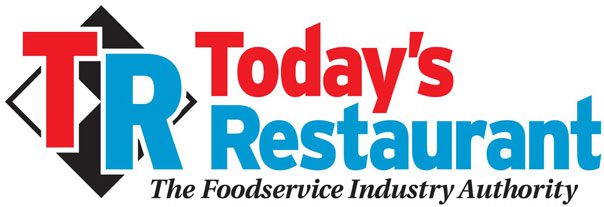
Restaurants Must Make Safety Top Priority in Pandemic Re-openings
By: Stefan Burkey
Restaurants in the majority of Florida began re-opening in May after six-weeks of coronavirus-related closures, putting a patchwork of safety measures in place to stave off the risk of sparking further outbreak.
The state, which was behind about 35 others to suspend in-person dining on March 21, was among the first to reopen as May opened up. If Governor Ron DeSantis found economic reasons to keep the industry open too long, he also found economic reasons to open it up as soon as it was practical. U.S restaurants as a group have been one of the nation’s hardest hit industries, accounting for 60% of March’s job losses. Florida’s have not been an exception.
But Florida’s reopening has come with few requirements spelled out: keep capacity at 25% for indoor dining, and observe social distancing outdoors – tables six feet apart and no parties of over 10 people.
It’s created a mixed bag of public-facing safety measures. Neither masks or gloves are required by the state to be worn by restaurant employees, though a state task force recommends them and local jurisdictions may require them. The City of Miami, for example, has required face masks of restaurant workers doing drive-through and deliveries since early April. (Dine-in restaurants in Miami-Dade, Broward and Palm Beach counties remain coronavirus hot spots and are still closed.)
Otherwise, some restaurants mark their floors with brightly colored markers to underscore proper social distance. Some put neon-tape x’s on tops of tables not to be used in order to maintain social distances. Traditional menus have, in some cases, been traded in for disposable (presumably recyclable) ones. Some have posted signs explaining cleaning procedures; disinfectant wipes or bottles have been placed next to salt and pepper shakers on table tops.
As Florida’s restaurants are finding, the risks are around every turn. Being forced to remain closed – with the possibility it may become permanent – is a hard risk to control. But being open during a pandemic puts employees and patrons at risk, and not just for illness. Operators can benefit by awareness of broader safeguards to put into place, including:
Limit exposures for expanded services
Many restaurants have turned to delivery services to keep cash flow moving when their dining rooms were closed and may be keeping them up to supplement capacity limitations. Those that haven’t previously taken care of it should immediately alert their insurers to get coverage for the non-owned auto exposure in the event a driver has an accident. Other safety measures include:
- Limit employee contact with customers.
- Take only credit card payments and designate a pick-up spot or window for takeout orders.
Delivery services should also lead to implementation of a hired non-owned fleet program; MVR reviews and a certificate of insurance review should be obtained. Also include a formal safety policy and have employees and management both sign off on it.
Employ best practices for workplace health
With shelter-in-place orders lifted, safety goes beyond face masks and social distance. Protecting employees from contagion will also protect patrons. Best practices include:
Establish a firm policy: sick employees must stay home. Those who show symptoms should see a healthcare professional.
Employees who exhibit respiratory illness symptoms on the job should be separated and immediately evaluated by a healthcare professional.
Reinforce good hygiene practices, such as frequent hand-washing, sneezing and coughing etiquette and social distancing.
Clean/disinfect frequently-touched surfaces often with disposable, alcohol-based wipes. This includes doorknobs, elevators, offices, radios, and stair-rails.
Be alert to cyber threats
Reports to the FBI of cybercrimes have quadrupled during the COVID-19 pandemic, a reminder to restaurant employers to step up their security measures. Ransomware and email phishing can lead to credential theft and financial fraud – issues to guard against at any time. For now, step up internal cyber security protocols and training procedures and remind employees to:
Report suspicious emails to management.
Never open unknown or suspicious links or attachments.
Verify all requests for data or money before sending.
Never respond to spam.
The COVID-19 pandemic is an unprecedented situation for modern times, putting many restaurants in the precarious position of fighting for their survival. One way to come out whole will be to not court problems – by managing these basic but important risks.
About Stefan Burkey
As the Hospitality Practice Leader for HUB Florida, Stefan provides guidance and vast experience to his team of hospitality professionals on delivering best in class insurance placement solutions for owners, developers, and operators of limited-service hotels to full-scale resorts. HUB’s Hospitality team clearly understands the financial needs and exposures associated with the industry, and their singular focus has generated profound market knowledge and significant buying power for HUB clients throughout the United States. Stefan has more than 20 years of experience as an insurance professional focused on designing insurance and risk reduction programs for agents across the United States. hubinternational.com





Recent Comments